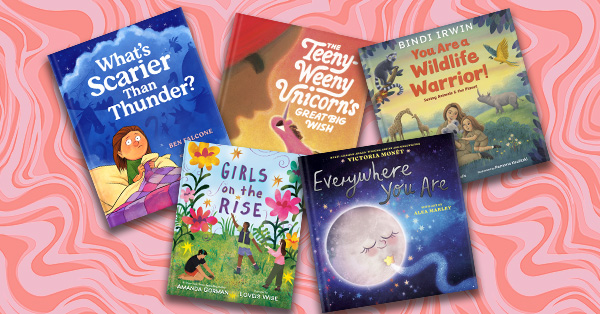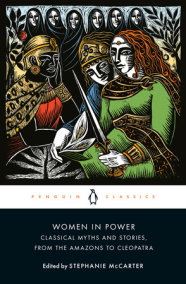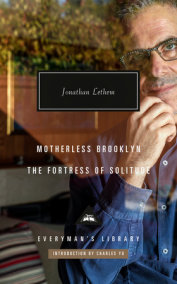Classics
Best Sellers
Award Winners
New Releases
Coming Soon
Arts & Entertainment
Audiobooks
Biography & Memoir
Children’s Books
Classics
Cookbooks
Fantasy
Fiction
Graphic Novels & Manga
Historical Fiction
History
Humor
Mystery & Thriller
Nonfiction
Poetry
Politics
Reference
Romance
Science Fiction
Teen & Young Adult
Travel
































































